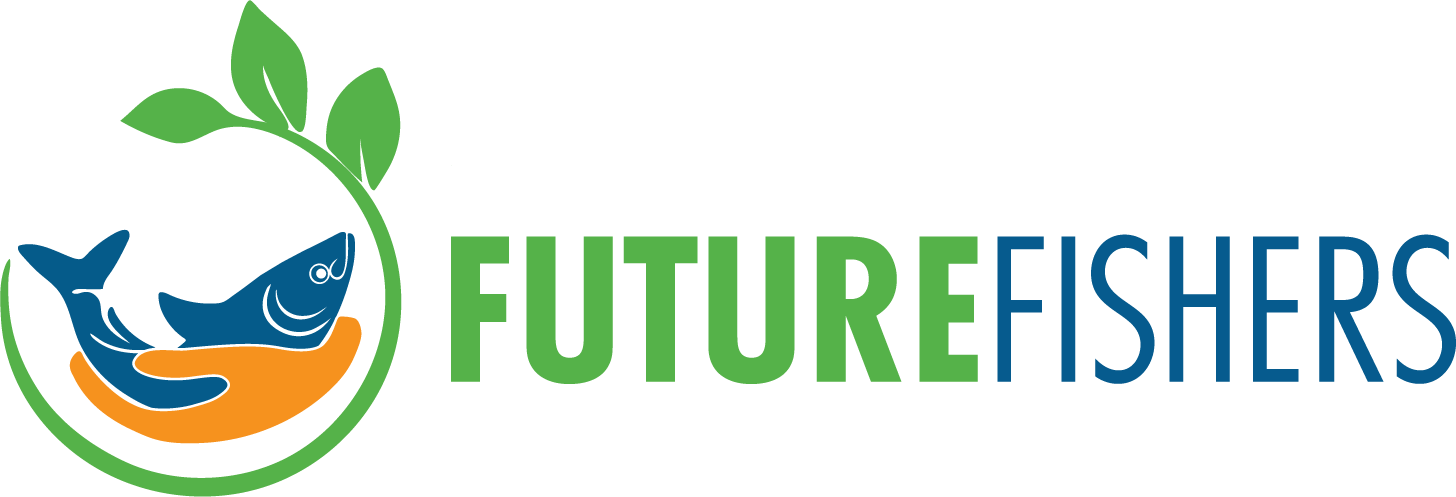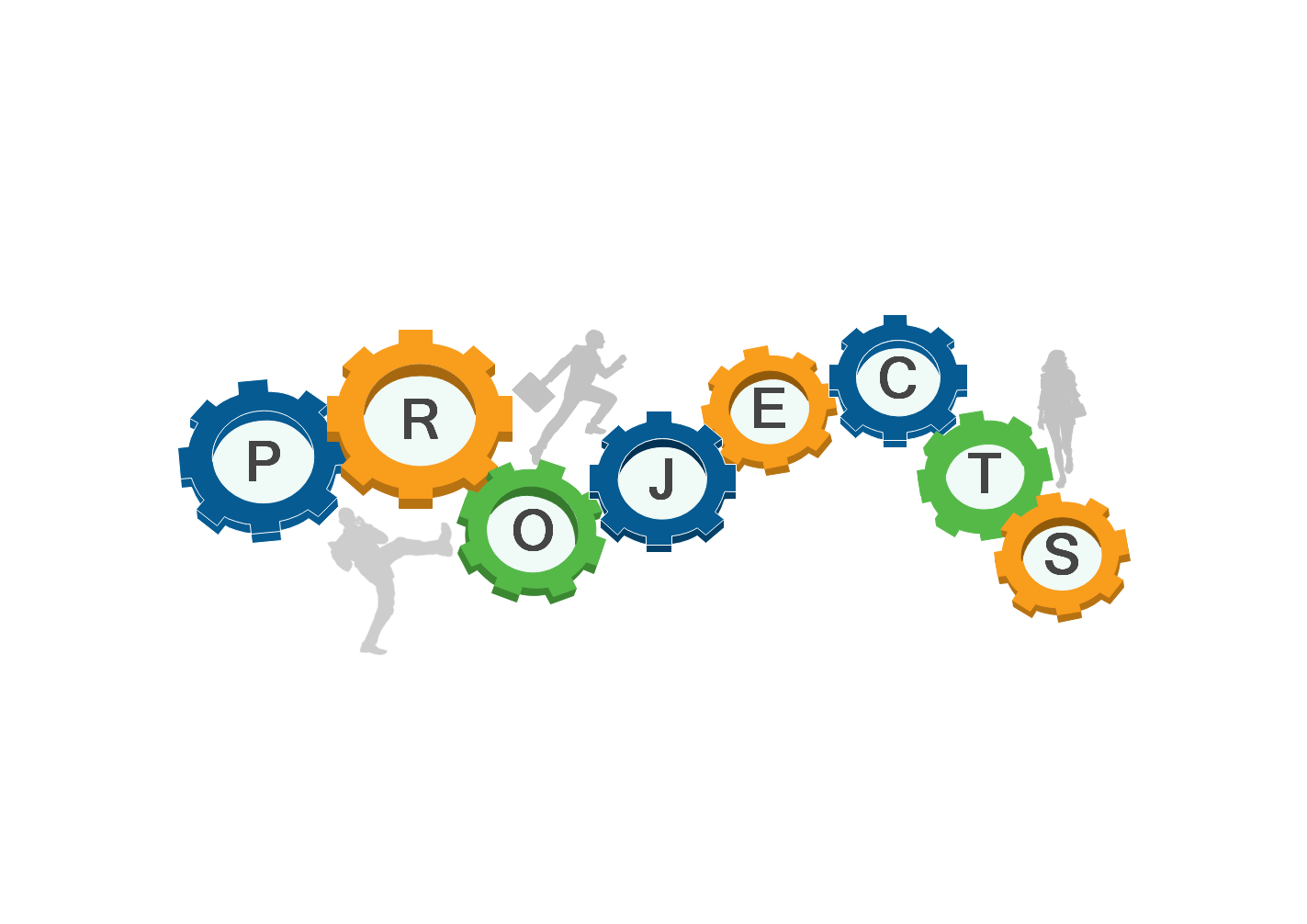
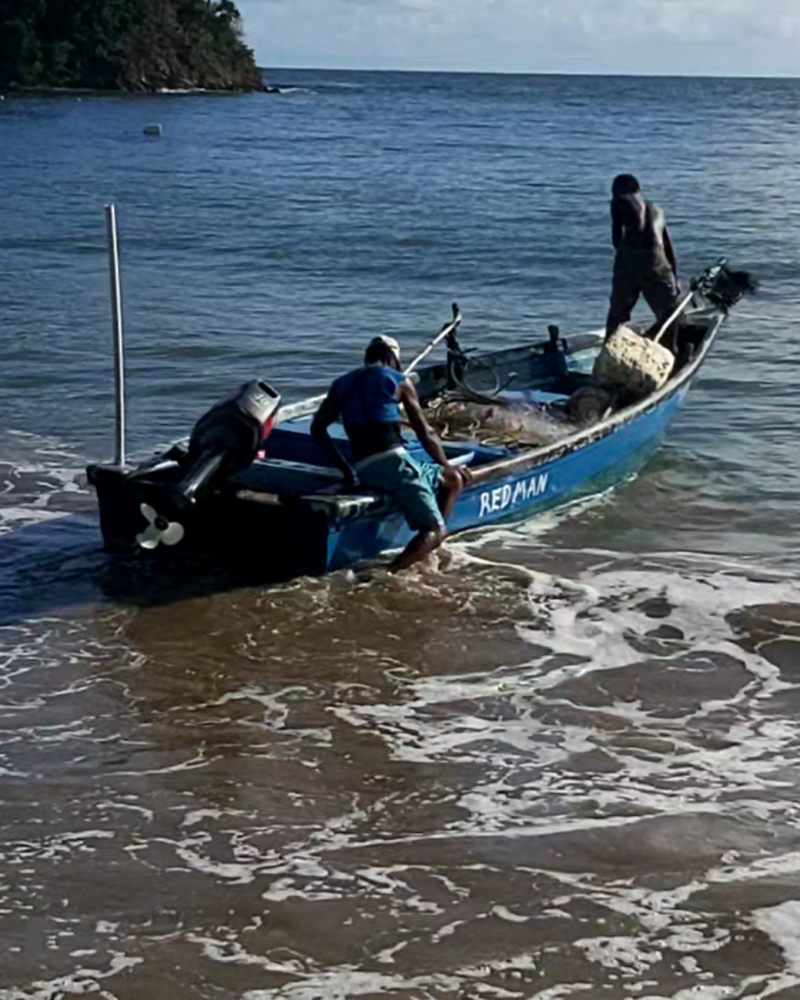
Capacity Building of Fishers Initiative for Sustainable Harvest, Education and Research
This project is being implemented in two phases. The purpose of the first phase is to encourage local stakeholder participation and collaboration of sustainable use of coastal and marine resources, to create livelihood opportunities and to foster a greater level of commitment to the environment. It proposes foundational strategies to support fishers in building a level of capacity that will improve collective thinking and actions. These actions are expected to influence fishers’ attitude to act as true custodians of the coastal and marine environment. It also seeks to build awareness among fishers of the coastal and marine ecosystem. The overall long-term goal is to focus on the ecosystem-based approach to fishery management, which includes habitat management, maximising the benefits of fishing efforts, reducing the overall fishing bycatch and increasing livelihood opportunities.
Future Fishers will implement the project within seven communities. These include Matelot, Grand Riviere, Sans Souci, Toco, Cumana, Balandra, and Salibay.
The primary outcomes are to:
- Future Fishers capability to implement has been strengthened.
- Fisheries harvesting and Post-harvesting business activities have been identified and developed for implementation.
- The Ecosystem Management Awareness among primary stakeholders has been increased.
- Fishers’ participation and commitment to the responsible use of natural and physical resources have been increased and sustained.
For more information see full project summary
Duration - 36 months (December 2020 to November 2023)
Project Location - Northeast coast, Trinidad
Status - On-going
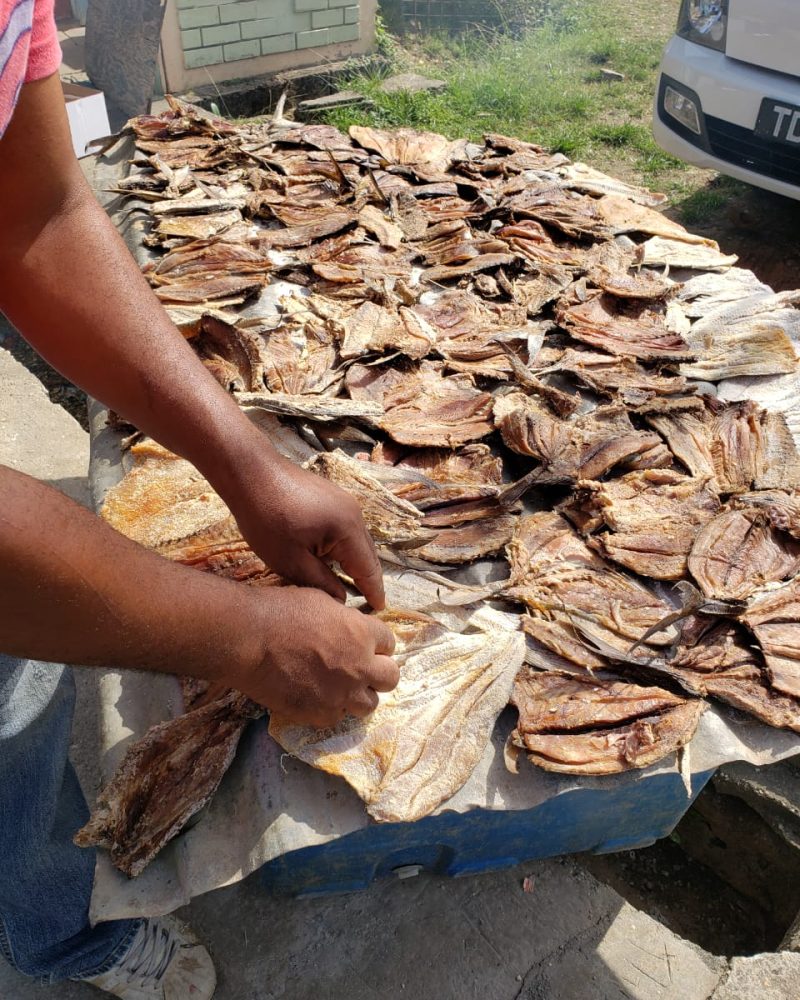
Smoked and Salted Fish on the East Coast of Trinidad
Under this project, Future Fishers will conduct an analysis of the value chain and production process used by small scale household producers of smoked and salted fish on the Trinidad east coast. Through direct interaction with the producers, the project aims to compile producer needs and wants and translates them into a practical way forward that will maximise the potential for sustainable livelihoods. Taking into account guidance from international bodies, such as Food and Agricultural Organisation (FAO), the Economic Commission for Latin America and the Caribbean (ECLAC) and International Fund for Agricultural Development (IFAD) as well as specific country research experiences, mainly focused on West Africa, the project goes beyond many similar initiatives by placing small scale producers at the centre of innovation by exploring the scope for product, process and equipment upgrade from the ground up – that is community-led, collective and “open”. The project is funded by the Caribbean Sea Innovation Fund (CarSIF), a collaboration between European Union Delegation and the Caribbean Natural Resources Institute (CANARI), geared towards coastal and marine biodiversity conservation and sustainable livelihoods in the Caribbean region.
Duration - 5 months (January to May, 2020, extended on account of COVID-19)
Project Location - East coast, Trinidad
Status - On-going
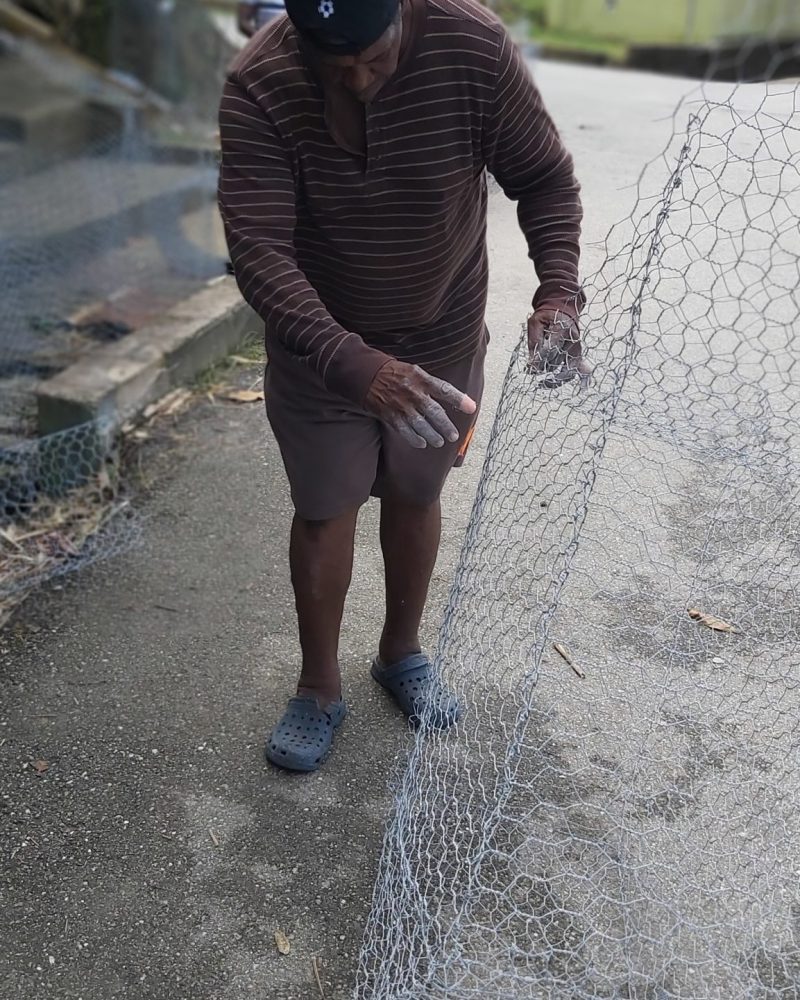
Trinidad East coast Fisheries Performance Project
Future Fishers has developed and implemented a pilot project to define its future sustainability performance. This was done in the form of an analysis of the current issues and then a strategic tool designed to provide specific information about the characteristics and measurement of the indicators in the fishing sector. In this regard, we made every attempt to ensure that the nature of the characteristic(s), the tool (indicators) used to describe these characteristics was reliable and valid.
Thus, in the case of Future Fishers, we intend to use the indicators as a means of evaluating the progress of projects and making the necessary changes based on the data at hand. The change measured by the indicators should represent progress that the programmes of Future Fishers hope to achieve. These indicators represent a vision of the changes our stakeholders want to see in the sectors. These indicators are expected to assist in the decision-making process by providing information about the economic, social, and environmental conditions of rural communities. These measures allow us to use a figure for comparing different rural communities and the relative strengths of the indicators.
The pilot project was funded by the BHP Billiton Trinidad and Tobago. We intend to scale this project to the national level soon.

